“It’s like a coffee shop without the screaming children,” Rebecca Gee says as she shows me around the Flour Mill in Dundee.
She has been managing the flexible coworking space on Exchange Street since 2021.
The former flour mill attracts workers from all industries, including archaeologists, local councillors, tattoo artists and game designers.
Said workers are plugged into computers in all corners of the beautiful 19th century six-storey building – which features everything from the office dog Toby, who is snoozing on a leather chair, to a 200-year-old lump of flour in a display cabinet, which was discovered during restoration work.
There are spaces which cater to all members – from the business lounge on the ground floor (think hipster cafe, with the exposed brick and everything) to glass-enclosed conference rooms, cosy booths and private offices.
As we pass by a sound proof phone box (“or as I like to call it – the space ship”) Rebecca explains how flexible coworking was a concept born in America which has gained popularity on this side of the pond in recent years.
It refers to a model of work where entrepreneurs, small teams, and even enterprises operate out of a communal office space managed by a third party.
How has flexible coworking changed since Covid?
Unsurprisingly, the trend has been accelerated by Covid, with many companies now allowing employees to work remotely.
It means the Flour Mill – which first opened its doors in 2017 – is busier than ever.
Building owner Jerry Alexander, who has been in the industry for 20 years, says that while coworking traditionally appealed to start ups and ‘soloprenuers’, there has been a rapid increase in corporate workers whose employers pay for them to use space.
More and more coworking spaces are popping up across Dundee to meet the demand.
Michelin Scotland Innovation Parc opened its £5m coworking space last year, while Creative Dundee just completed the first phase of a pilot coworking space on Castle Street.
Other shared office spaces have been on the scene for slightly longer, including Dundee One and Water’s Edge, both located on the waterfront.
How much do coworking spaces cost?
It appears to be a lucrative industry, with coworking spaces typically offering an array of packages – usually paid on a monthly basis – which range from pretty cheap to eye-wateringly expensive.
A quick Google search tells me I can get a single fixed desk space for £50 a month at Dundee Central Library or £271.32 a month at Water’s Edge.
I sit down with Caishlan Sweeney – a self-professed “coworking connoisseur” – who has been using the Flour Mill for three years.
As a project engagement officer for the Eden Project, she is one of just two remote staff members in Dundee (the rest of the team are at the charity’s Cornwall office).
Coworking spaces enable collaboration
“We’ve got the part-time membership which gives us 32 hours a month, which you can use however you like – whether it is one day a week or a few hours here and there,” she tells me.
“I can come here for two or three hours between meetings in town or for an hour when I need to jump on a Zoom call.
“My colleague Julianne and I come in every Tuesday and work all day – it is good for collaborating.”
Although Caishlan describes the Flour Mill as her base, she enjoys visiting other coworking spaces in the city, to create her own “ecosystem” of coworking spaces.
She adds that it gives her a “better sense of purpose” than working from home.
‘It is nice to have that separation from home’
Next I meet Rob Beckham, who has been using the Flour Mill for two years.
A senior vice president for New York City Tourism and Conventions – the city’s official tourism organisation – he makes use of the coworking space five days a week.
He and his family moved from New York to Dundee during the pandemic to be closer to his Broughty Ferry wife’s mum.
He says: “When I first moved over here, there were a lot of Covid restrictions in place so I worked from home.
“But once restrictions were lifted I decided to come to the Flour Mill and check it out.
“I wasn’t totally sure I wanted to do it, but my wife was like ‘You need to get out of the house!’ and I don’t regret it.
“The workspace is beautiful and it is nice to have that separation from home.
“It is like a little sanctuary because I have three kids and a dog and a wife at home so if I need to get something done I just come in here and get it done.”
‘This has become a family’
Rob also appreciates the social aspect of coworking.
“They do a lot of events like happy hours and breakfasts to encourage and foster a community and it does feel good.
“There was a Christmas dinner which was amazing.
“A lot of us are remote workers so we don’t have office parities – but this has become a family”.
Tristan Woods, chief product officer for HR and payroll company Safeguard Global, has been at The Flour Mill for two years.
The Blairgowrie dad-of-two is a strong advocate of remote working, saying this helps businesses to attract and retain the best talent in the world.
“I think the key for companies these days is to really think about flexibility when trying to hire the best people,” he says.
“At Safeguard Global our approach is best talent anywhere.
“We can hire people in any country in the world as long as it is not a sanctioned one.”
‘I like having the ability to choose where I work from’
On a personal level, coworking spaces work for Tristan because they are so flexible.
He says: “I have two young children, so sometimes it is good to be at home and sometimes it is not good to be at home.
“And I like having the ability to choose where I’m going to work from.
“Sometimes that will be Flour Mill, Starbucks, or home.”
He adds: “I have a 24/7 pass for the Flour Mill so I can go in whenever I want.
“But I generally go in a couple of days a week.
“Sometimes if I have lots of meetings and calls there is probably no point in going in.
“But there are other times where I have to do something more creative or focused and I will go into the office when I’m doing that because I find it easier.”
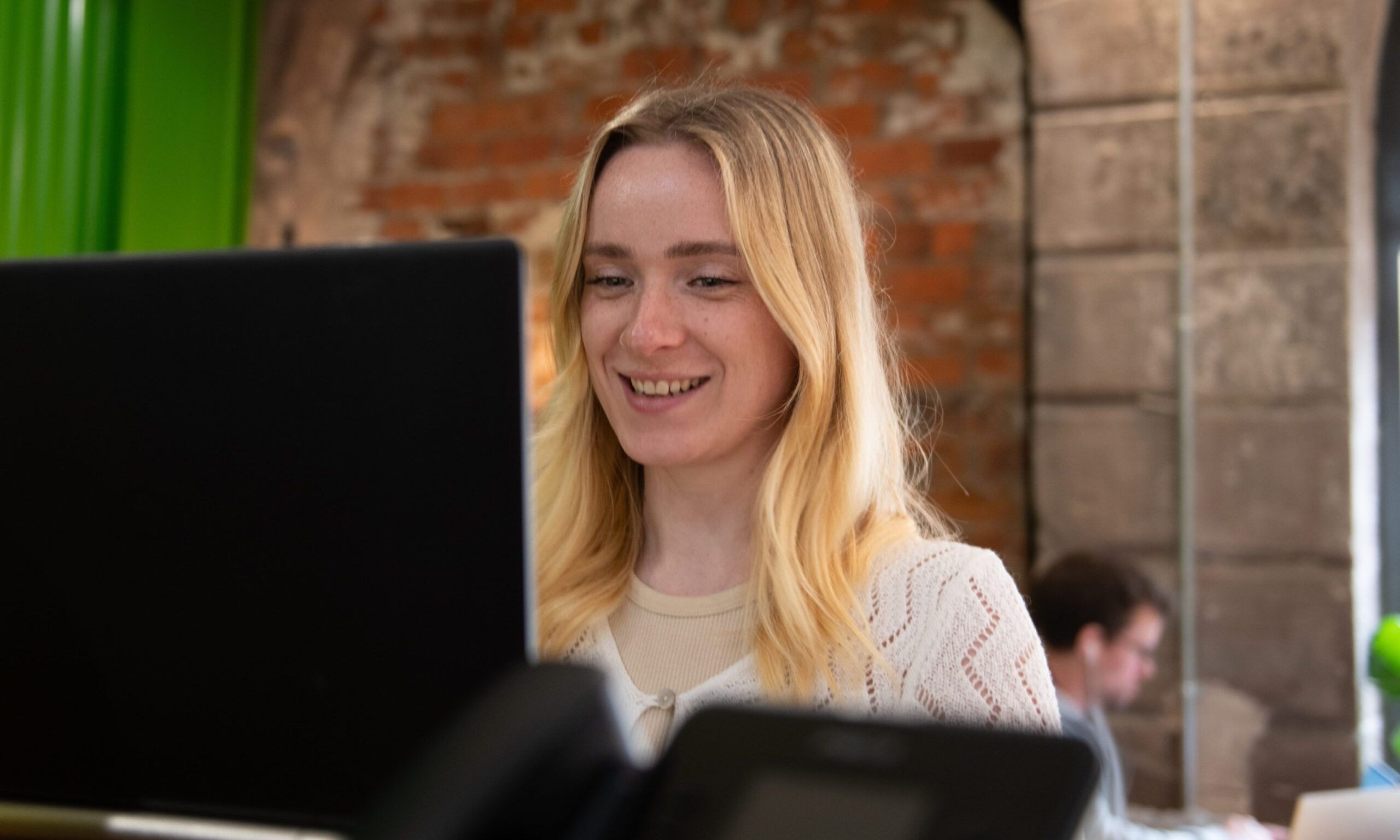
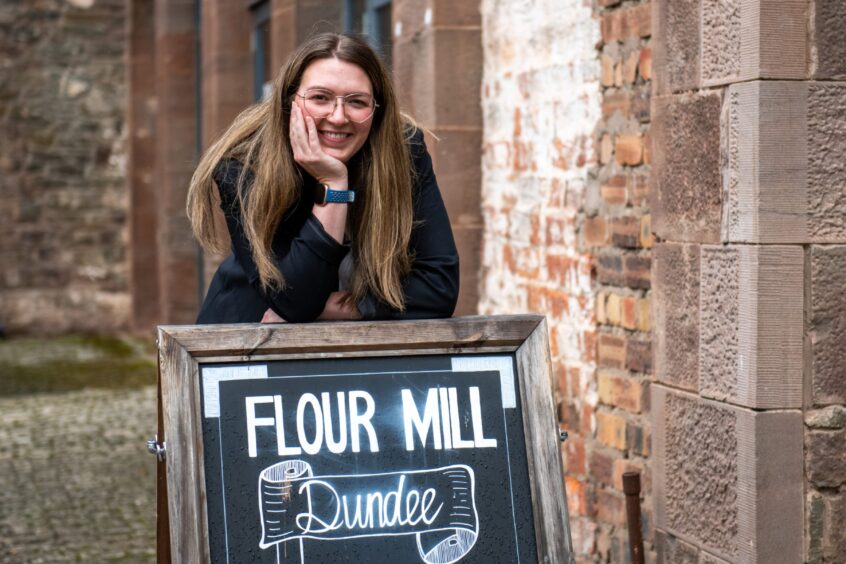
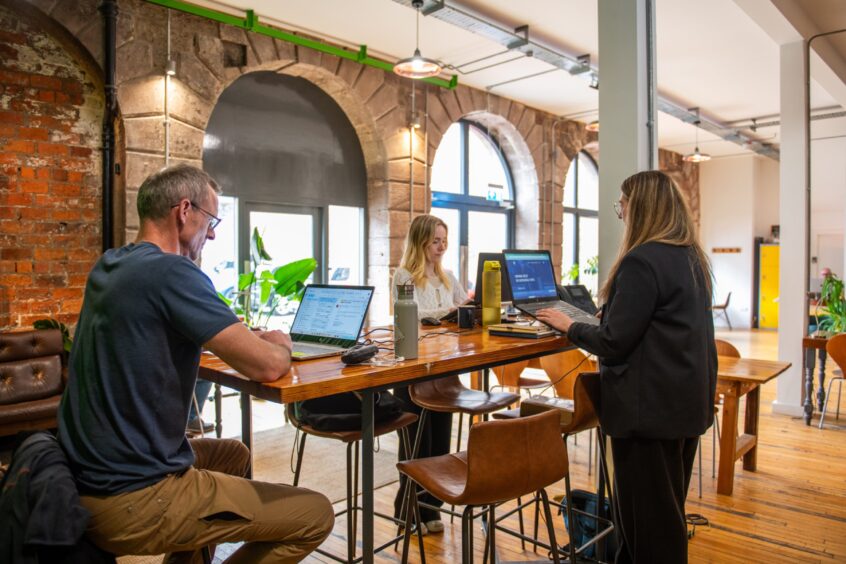

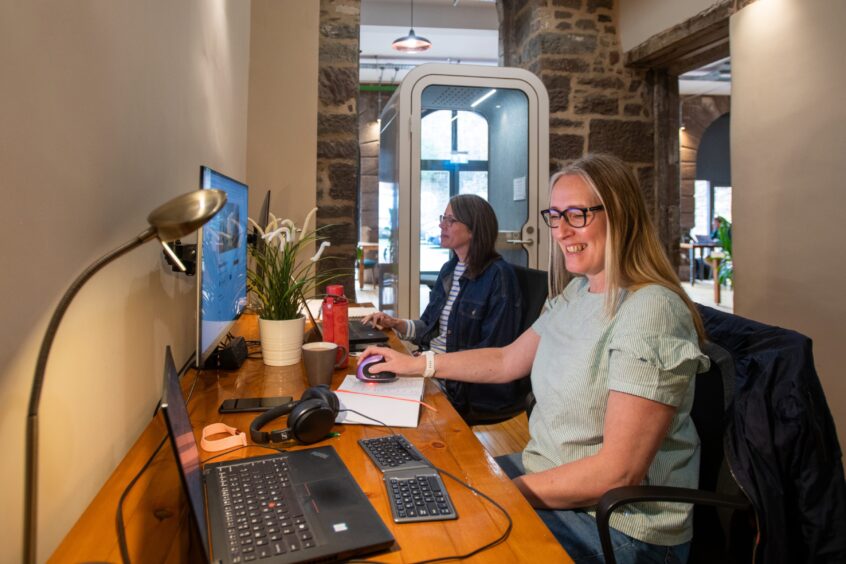
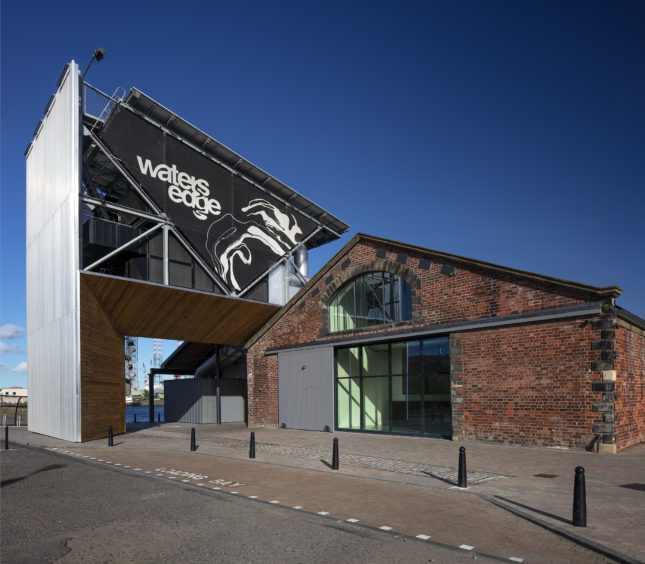
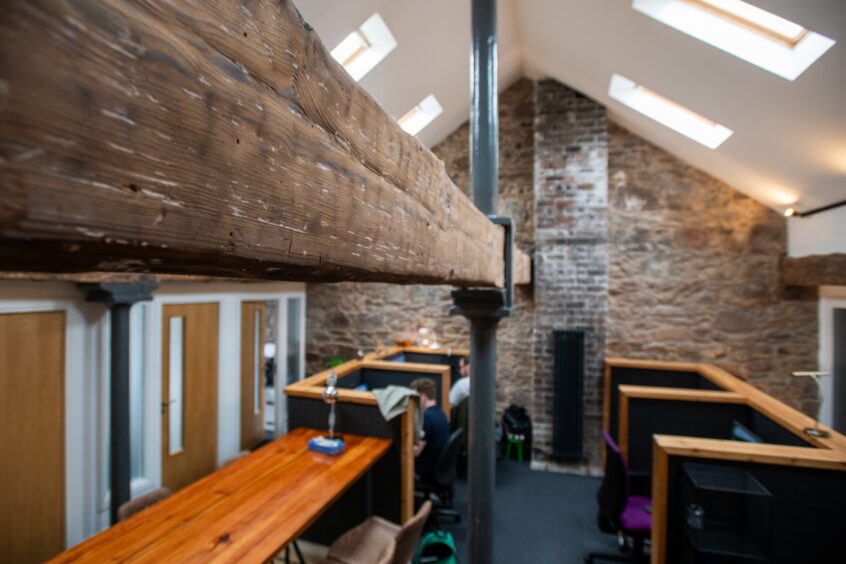
Conversation